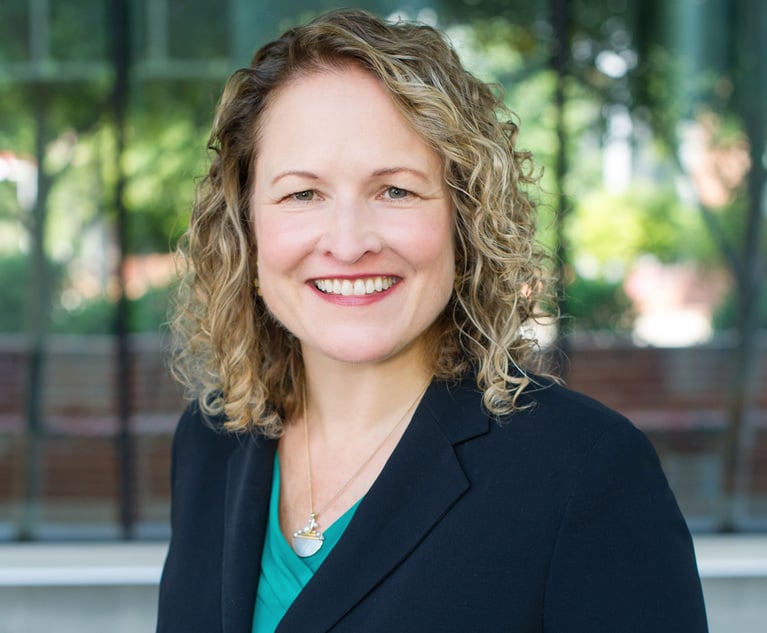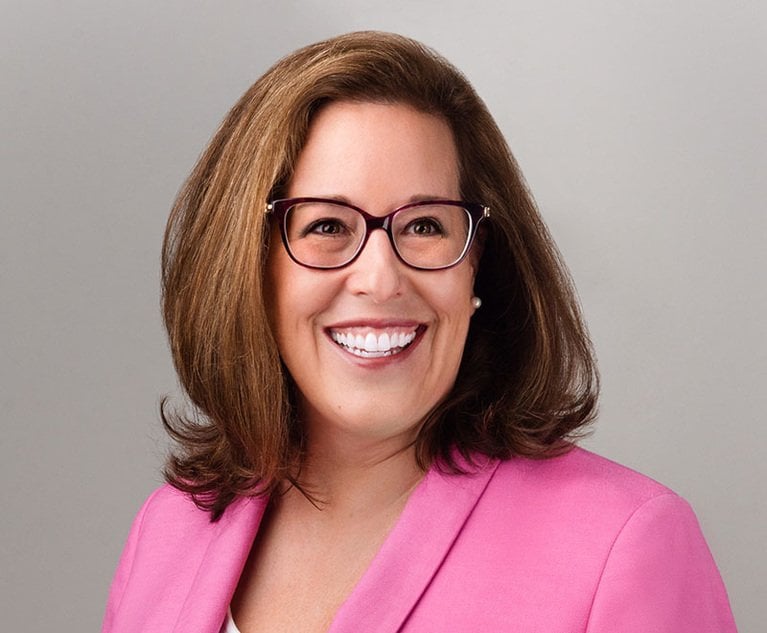LAWYERS WITHOUT BORDERS - If you love what you do, you’ll never work a day in your life. Unfortunately, if you’re in the legal industry and you don’t love what you do, you’re going to be working days, nights and weekends for the foreseeable future. As Law.com’s Victoria Hudgins reports, the nonstop barrage of Zoom calls, texts and emails from colleagues and clients is taking its toll as lawyers work remotely. David Sarnoff, director of strategic partnerships at law firm coaching provider Loeb Leadership, said he’s been “hearing people sharing experiences of burnout and feeling like it was very difficult to disconnect from the workday and to be able to de-stress and clear your head.” A number of them, Sarnoff said, have expressed a desire to get back to the office. But, as we’ve noted before, in-person work is unlikely to magically reestablish the now-demolished boundaries between work and home (which, let’s face it, were already crumbling pre-pandemic). In fact, so far at least, office returns appear to be having the opposite effect. As Law.com’s Patrick Smith reports, some attorneys, legal professionals and staff are finding that in-person work is actually hurting their productivity, which is likely to create even more homework. Or longer days in the office. Let’s hope they don’t run out of snacks!
NO ALTERNATIVE? - You’d be hard-pressed to find an in-house leader who doesn’t think they’re paying their outside counsel too much. But that doesn’t necessarily mean all of them are open to less expensive alternatives. In fact, while more legal ops leaders are working in corporate legal departments than ever, many continue to face resistance when it comes to using alternative legal service providers, Law.com’s Phillip Bantz reports. From the legal ops view, ALSPs, rather than law firms, should be the default service providers, “unless you have some sort of special reason to use the law firm,” which would primarily be for matters requiring legal judgment, according to Nathan Cemenska, director of legal operations and industry insights at Wolters Kluwer in San Francisco. But that’s not what’s happening at many large companies, said Cemenska, who talks frequently with legal ops leaders in corporate legal departments. “Basically, in my opinion, they want to use them [ALSPs] more, and they’re not getting to use them as much as they would like to, and they’re frustrated,” he said, adding, “There’s a strong contingent on the corporate side, and the law firm side that is fine with the status quo. There are still plenty of huge corporations that are having attorneys from Harvard do document review for $450 an hour.”










